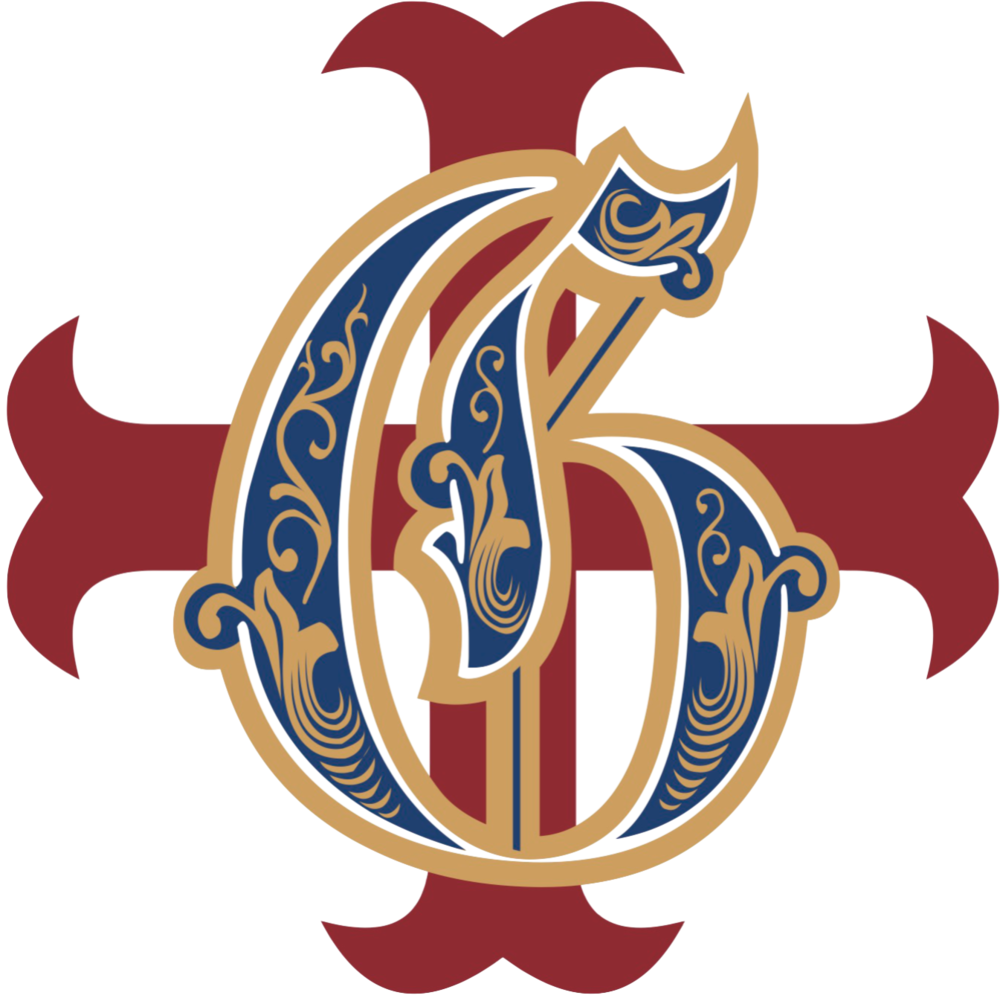For Such a Time as This
In the midst of social unrest in the 1970s, Francis Schaffer wrote How Should We Then Live. In the video series based on his book, he predicted that a point in time was coming when American citizens will exchange their freedoms for personal peace and prosperity. The very sound of the sentence sent shivers up the back of viewers. May it never be!
However, many readers knew he was right. The birth pangs of ominous change were evident. The assassination of admired statesmen, college students flaunting psychedelic drugs and orgies on college campuses shocked that generation. Others said, “They’ll outgrow it once they start earning money”. Down deep Americans knew, “The times, they are a-changin”.
Older students at Grace Classical Christian Academy are tuned into cultural changes throughout history. They know empires rise and empires fall. What looked like a forever-kingdom to the Persians, Egyptians, Greeks, and Romans eventually became rubble …leveled ground upon which the next group of victors played king of the hill.
Our students know that their times also are a-changin’. They are discerning that when the political and moral compass starts spinning amok, the last thing to do is to rely on worldly solutions. So, the question often is eventually raised in our upper school classes: how should we then live? What can be learned from the times when Joseph, David, Daniel, and Esther were in such a time as this? What exactly did the monks do… the monks and nuns who saved western civilization in the wake of the fall of the Pax Romana? These are not idle curiosities, they are actually listening to the conversations at home. They sense the tremors under Pax Americana.
Joseph saved a foreign nation, and his family, from famine. David inherited a corrupt monarchy. Daniel and Esther held to faith in God and courage in His presence to face religious persecution; as a result, they changed a Babylonian and a Persian king’s heart toward the Jews. Neither Moses, nor these heroes sought political office. No one was more surprised than they were when leadership landed in their lap. They were young people who believed that God is who He says He is and will do what He says He will do. Their stories are lighthouses in a storm that can guide this rising generation toward hope and courage.
When the Roman empire fell, and fell hard, there were no longer judges in the courts to administer justice, there were no public works employees to fill pot holes to get food from farm to market, there was no booming economy to employ people; the army was no longer populated with Roman citizens, but conquered mercenaries who were more inclined to let the barbarians in than stand in the gap for the Roman people. Drugs, sex, and violence were the addictions of the day. Help came from an unexpected source. The Christians were still recovering from a few hundred years of heavy persecution, but they did what Jesus said to do. They tended gardens and raised animals to feed the hungry. They labored with farmers to level the roads. They took in abandoned babies and gave them milk to drink and educated them. They settled disputes among the people; and when the plagues came, they healed the sick. In fact, they were so diligent in their learning hygiene practices and herbal medicine that they started the first hospitals. Each hospital had a chapel because they knew the importance of the soul to healing. Even when
universities started conferring medical degrees, the people still went to the Christians first because their reputation was well-established.
Our students are learning that God may call them into politics or may call them to stand before kings, or He may call them to risk their lives by tending the sick, or He may call them to military service to defend His people. Whatever they do in life, they know it will fail if they do not serve in the name of the Lord; and they cannot serve in the name of the Lord if they are not in His word listening for His leading and learning His ways.
From this stance, fear can turn to courage, hopelessness can turn to action, and a Christian’s armor can prove more invincible than the mightiest of armies. Out of the ruins of Rome, Christendom arose to dominate the former Roman empire. As the Lord said to his prophet, “Then he said to me, ‘This is the word of the LORD to Zerubbabel: Not by might, nor by power, but by my Spirit, says the LORD of hosts’” (Zechariah 4:6).
By: Jeanette Faulkner, GCCA Logic School Teacher
